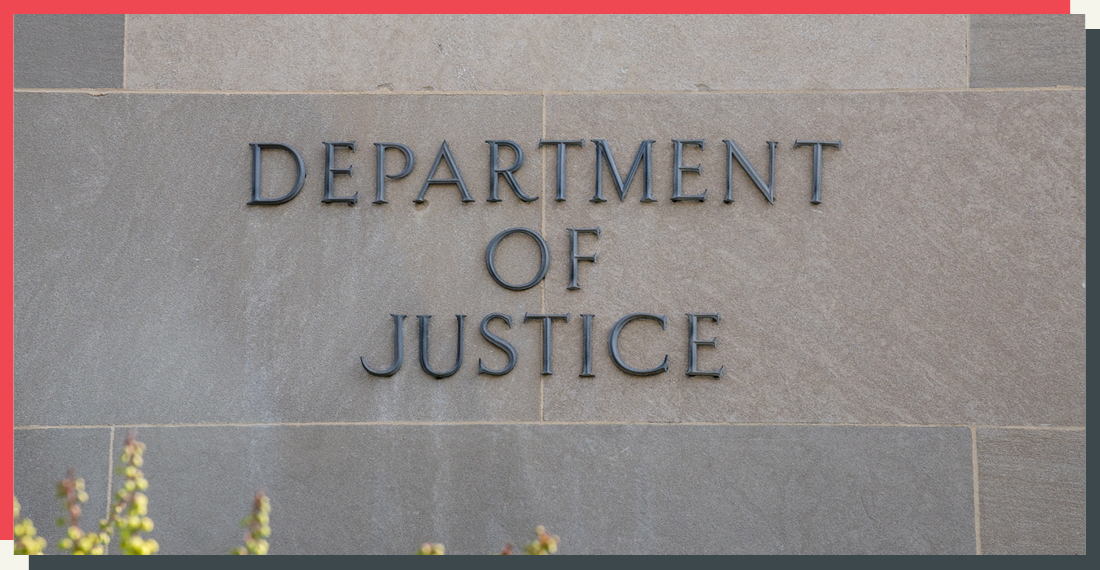By Temidayo Aganga-Williams, partner and Anna Nabutovsky, associate
On April 15, 2024, the Department of Justice’s (“DOJ”) Criminal Division announced a new Pilot Program on Voluntary Self-Disclosures for Individuals (“Pilot Program”), which is “designed to encourage voluntary self-disclosure by individual participants in certain types of criminal conduct involving corporations.”
This program underscores the DOJ’s recent increase in whistleblower incentives, coming on the heels of the award-based whistleblower program announced by Deputy Attorney General Lisa Monaco in March 2024, which will offer individuals financial incentives to report misconduct. Much like the pilot programs already in place in the Southern District of New York and the Northern District of California, individuals can report certain kinds of non-violent misconduct to the Criminal Division in exchange for a Non-Prosecution Agreement (“NPA”), provided they meet the DOJ’s eligibility criteria.
To qualify for an NPA, an individual must:
- Make the disclosure to the DOJ’s Criminal Division;
- Disclose original information (e., non-public not previously known to any arm of the DOJ);
- Disclose the information voluntarily;
- Provide a truthful and complete statement of all information known;
- Agree to disgorge any profit from the criminal activity and pay restitution or victim compensation; and
- Agree to fully cooperate with and provide substantial assistance to the DOJ.
The whistleblower must also supply information pertaining to one of the following enumerated offenses:
- Violations by financial institutions;
- Violations related to integrity of financial markets;
- Violations involving foreign corruption and bribery by, through, or related to companies;
- Violations related to health care fraud or illegal health care kickbacks;
- Violations by or through companies with 50 or more employees related to fraud against the United States in connection with federally funded contracting; or
- Violations committed by or through companies related to the payment of bribes or kickbacks to domestic public officials.
The DOJ hopes that the Pilot Program will provide “transparency regarding the circumstances in which Criminal Division prosecutors will offer mandatory NPAs to incentivize individuals (and their counsel) to provide original and actionable information.”
However, not all would-be whistleblowers qualify for this Pilot Program. Indeed, the DOJ has made clear that it will not reward individuals involved in violent crimes or those who either “lead the scheme” or served as CEO or CFO of a corporation involved in the reported scheme. Similarly exempt are elected or appointed foreign government officials, domestic government officials at any level, as well as anyone with a prior felony conviction or a conviction for a crime involving fraud or dishonesty. The DOJ did, nevertheless, explicitly retain discretion to offer NPAs to individuals outside the Pilot Program, even if these individuals do not meet some of the criteria outlined above.
While the Pilot Program is in effect, the Criminal Division will collect statistical data to determine whether to amend, end, or continue the program. Considering the increasing popularity of whistleblower programs in recent years, as well as the monumental success of the whistleblower program run by the Securities and Exchange Commission, we expect the data to show an increase in reporting. In other words, the Pilot Program is likely here to stay.
As the DOJ emphasizes, the Pilot Program aims in part to encourage companies to create robust corporate compliance programs that prevent, detect, remediate, and, when appropriate, report misconduct. As the number of whistleblower programs continue to rise, the importance of corporate compliance structures that evolve alongside these programs cannot be overstated.


.jpg)